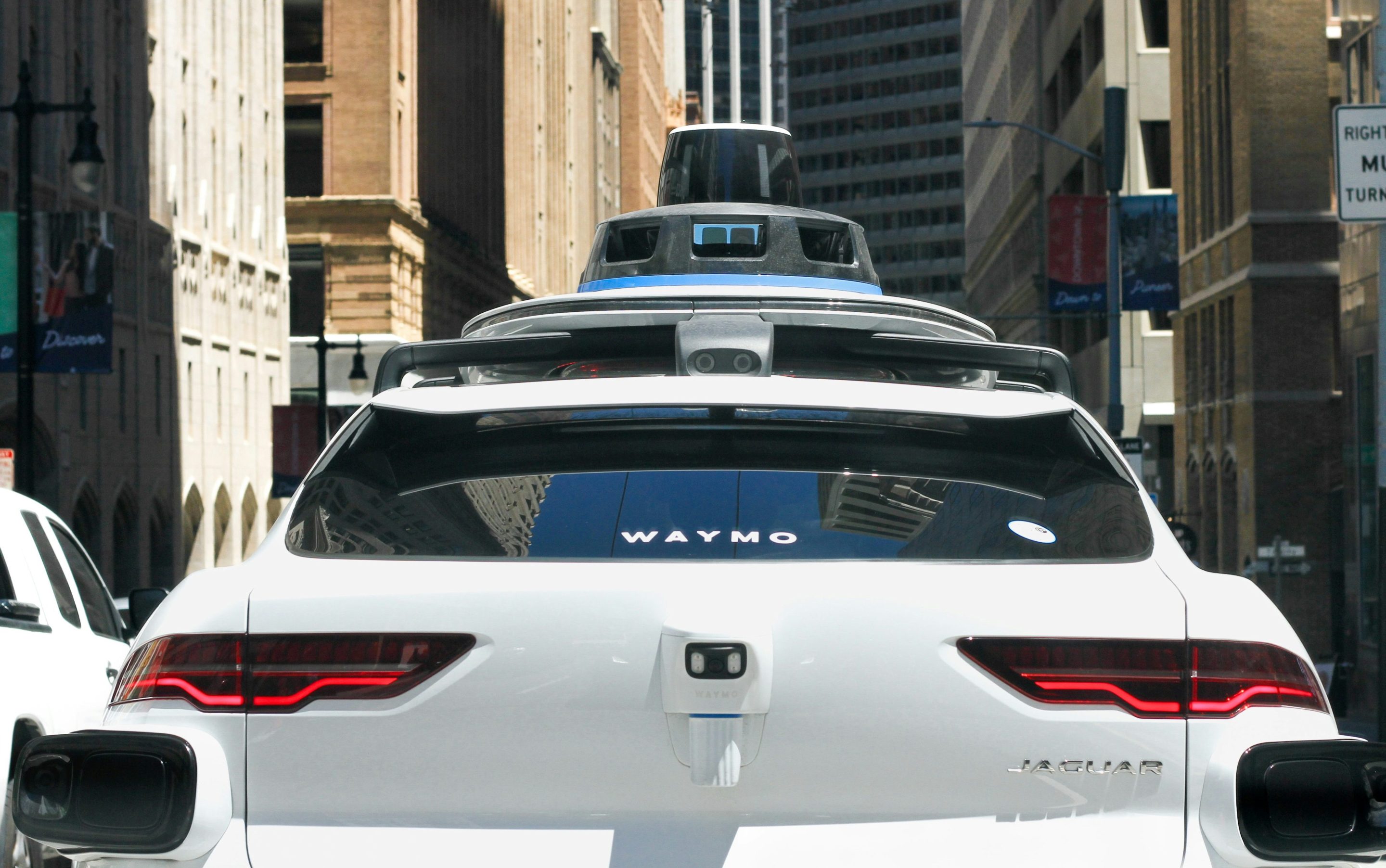A lot of ink has been spilled on what autonomous vehicles could mean for America, especially if the tech industry fantasy of a 100 percent driverless future somehow comes true. But our guest on this week's episode of "The Brake" argues that policymakers need to dig much deeper if they want to anticipate the potential side effects of the AV revolution — especially when it comes to public health and equity.
In his new paper, "Equity issues associated with the widespread implementation of autonomous vehicles," Dr. Andrew Dannenberg of the University of Washington runs down all the questions communities should be asking before they let robocars run wild. Questions like: How expensive will it be to retrofit our roads so AVs will be able to read them, and will the money come from other modes? How will people with disabilities really be impacted by the rise of "driverless" cars — and the loss of human para-transit drivers to help them get around? And maybe most importantly, what community problems will this technology actually solve that couldn’t be solved in other ways?
The following excerpt has been edited for clarity and length.
Streetsblog: Tell me a little bit about just the genesis of the study; how did you get interested in the equity implications of our potentially autonomous vehicle-dominated future? And why did you decide to put together this paper laying it all out?
Dannenberg: So I'm at the University of Washington looking at issues related to health and the built environment — that includes transportation — and I got into some conversations with the Washington State Transportation Commission. [They were] looking at issues related to autonomous vehicles, and they had been asked by the state legislature to come up with kind of the range of policies that should be considered and issues that could go to legislation. So it was actually sort of an exciting opportunity; the work group from the Washington State Transportation Commission could, in fact, be recommending policies that could be turned directly into legislation.
In talking with them, most of what they had looked at were issues like security, and liability, and insurance, and [questions like,] 'how do the police interact with the vehicle that has no driver if they stop them'? And essentially, I said, 'Well, where does health and equity fit in? Because there are health and equity issues with autonomous vehicles.'
And they kind of looked at me and said, 'Well, we don't really have that. Would you like to be a subcommittee? It's now all yours to dig into it.'
So it came up as kind of a missing area within what was being looked at, on the larger issue of how the states [should] consider policies related to autonomous vehicles. They were already considering issues such as injury, which is always a consideration with any kind of motor vehicles. But beyond injury, any other health and equity issues just weren't not getting attention.
So I started digging into it; We put out the word through various connections [to find out] who else is interested in this topic. We had a number of meetings with of people, including people from disability communities and other groups ... And so as a group, we discussed what some of the issues would be. It ended up the final report that went to the state legislature. But since I'm an academic, and I write papers because that's what we do in academia, I figured it made sense to try to get it published in the literature, where we could get broader attention.
...
Streetsblog: Another question that you highlighted that I thought was really interesting, was about the equitable provision of AV services. And you framed that in kind of a couple of ways. One was 'if we have an AV taxi fleet, will they go to neighborhoods of color and low income neighborhoods, or will they all just be concentrated in the rich downtown?' Another one was, 'Where will AVS be tested?' Which is certainly a very concerning thing right now, for folks in places like Phoenix, where the first human being who was killed by an AV lost their life.
I want to ask a little bit bluntly: how should communities be approaching the question of where AVS should be encouraged or even required to be, where they should be allowed to be, and how they're distributed throughout communities? What sort of considerations did you have in mind with this one?
Dannenberg: The equity issue there is that the companies that want to provide the service and have [it be] economically viable are looking at [questions like], 'who will the users be, and who's willing to pay?' It is possible to say only the middle to upper income communities are likely to use [AV taxis]. So why don't we just test them in those communities and provide the services there?'
Well, in one sense, that's good. You're not testing them in a low income community, making them the guinea pigs, but but the inequitable part is, if you don't test them in low income communities and don't provide the services there, you've not provided equitable services. And so again, you're spending societal resources and allowing and encouraging this new service that may not reach some of the people who could benefit from it.






